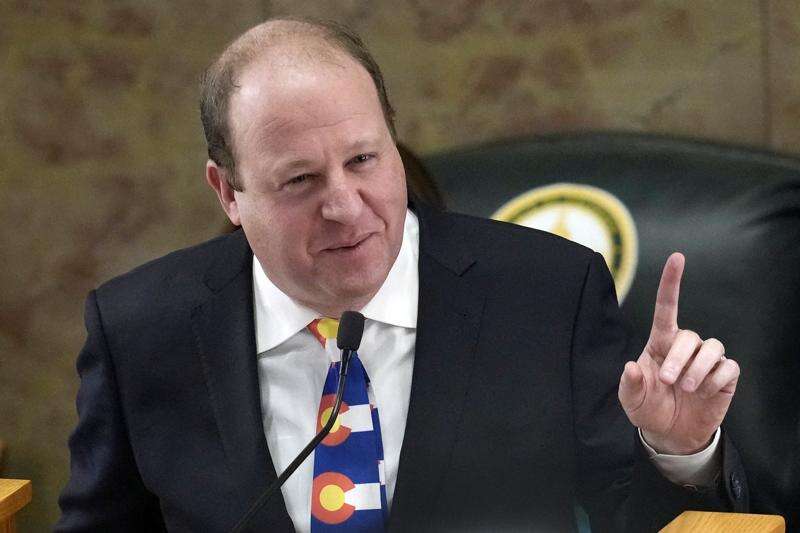A Denver judge has issued a preliminary injunction that prevents Colorado Governor Jared Polis’ administration from compelling a state employee to hand over sensitive data to federal immigration authorities. The ruling comes amid concerns that federal agencies are attempting to sidestep state laws designed to protect the privacy of immigrants in Colorado.
ICE Seeks Personal Information of Immigrant Child Sponsors
The legal battle centers on a subpoena issued by U.S. Immigration and Customs Enforcement (ICE) in April, which requested detailed personal information—such as phone numbers, addresses, emails, and employment histories—of 35 individuals who sponsored unaccompanied immigrant children in Colorado. ICE claimed the information was necessary to investigate potential child abuse or welfare concerns.
Governor Polis, a Democrat, initially hesitated but ultimately decided in late May to comply with the federal request. That decision prompted Scott Moss, director of the Division of Labor Standards and Statistics within the Colorado Department of Labor and Employment (CDLE), to file a lawsuit against the governor.
Judge Sides with State Employee Citing Legal Protections
Denver District Court Judge A. Bruce Jones granted a preliminary injunction specifically protecting Moss and his staff from being required to release the data. While the ruling does not stop the governor’s office from complying with the subpoena through other avenues, it does limit the ability to compel action from the specific division involved.
“I’m enjoining the governor from requiring that they do it,” Judge Jones said during the ruling, clarifying that his order applied only to Moss and his division—not to all state employees.
Legal Debate Over State vs. Federal Authority
Moss argued that complying with the subpoena would violate Colorado state laws that limit cooperation with federal immigration enforcement unless certain legal conditions are met. According to the law, state agencies can only share data with ICE if there is a criminal investigation supported by a judge-signed subpoena. Moss and his legal team contended that the ICE subpoena failed to meet that threshold.
“It’s essentially a fishing expedition,” said Moss’ attorney Laura Wolf, suggesting the subpoena was an overreach aimed at identifying individuals for potential deportation rather than addressing any known harm to children.
Conflicting Views Within the State Government
Testimony revealed that during an April 29 meeting with representatives from CDLE, the governor’s office, and the state attorney general’s office, there was initial consensus that the subpoena should not be honored under current state law. However, Governor Polis later reversed course, citing a desire to cooperate with potential child welfare investigations.
Moss testified that he was informed of the shift by CDLE Director Joe Barela, who said the governor believed an exception in the law could justify compliance. Moss remained unconvinced, maintaining that his responsibility was to uphold legal protections for the individuals whose data was being requested.
Labor Unions Join Legal Pushback
Two unions—Colorado WINS and the AFL-CIO—joined Moss in the lawsuit, underscoring broader concerns among state employees about being forced to violate state laws or compromise immigrant privacy. Moss emphasized that the issue was not about protecting his job but about ensuring the state honors its legal and ethical obligations.
Governor’s Office Responds to Ruling
A spokesperson for Governor Polis stated that the administration is reviewing the court’s decision and reiterated the governor’s commitment to cooperating with legitimate criminal investigations into child trafficking and abuse.
“We will abide by the court’s decision as we have always said we would,” the statement read. “We hope that going forward, federal agencies will submit subpoenas that align with the legal requirements outlined in the ruling.”
Despite his willingness to work with federal authorities in certain cases, Governor Polis has maintained a position that supports deporting dangerous individuals while also safeguarding the rights and privacy of unaccompanied minors and their sponsors in Colorado.

